Let’s find out ‘What Are The #6 Ways To Greatly Lower The Risk Of Cancer By Experts?’ Heart disease continues to be the second biggest cause of death, but there is good news: the number of instances of cancer is declining. The American Cancer Society claims that “According to annual figures released by the American Cancer Society, the chance of dying from cancer in the United States has dropped during the previous 28 years (ACS).
The ACS continues, “Some of this drop appears to be related to an increase in the percentage of people with lung cancer who are living longer after diagnosis, partly because more people are being diagnosed at an early stage of the disease. From its peak in 1991 to 2019, the most recent year for which data were available, the cancer death rate for men and women combined fell 32%.”
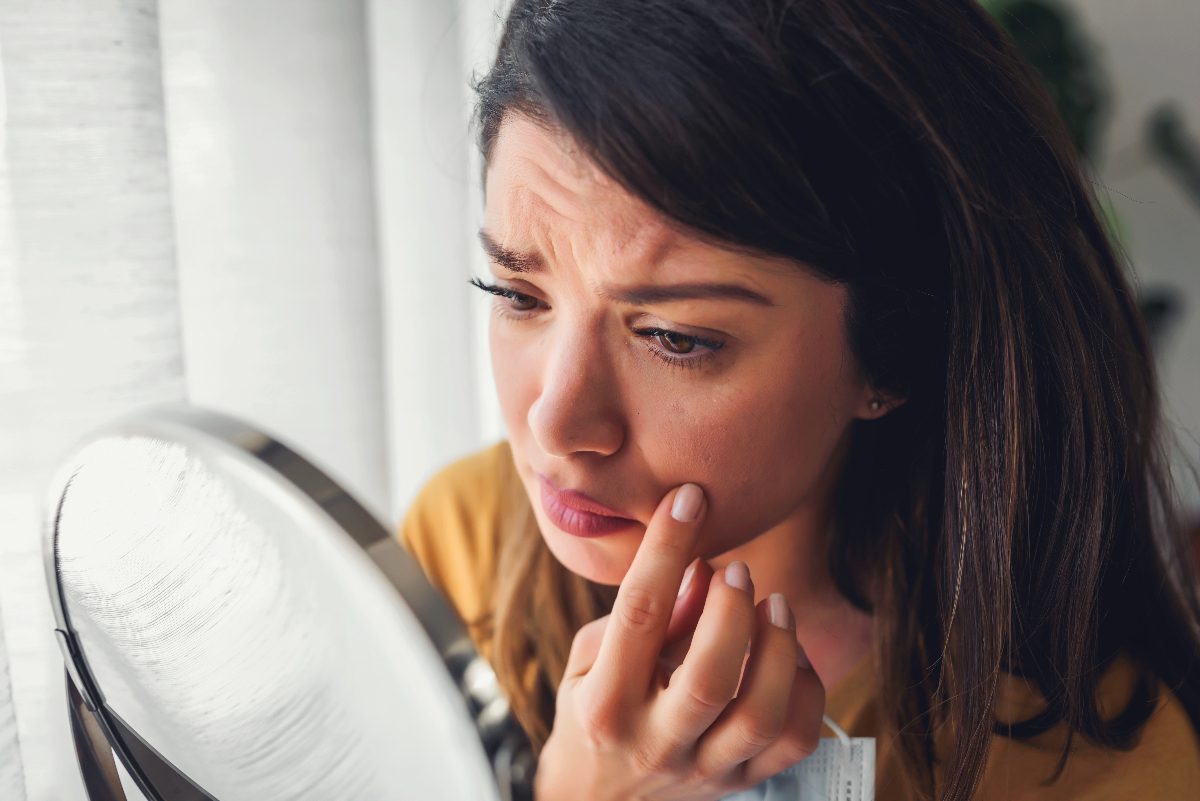
Despite a decline in cancer incidence, the fatality rate is still concerning. In 2020, there were 602,350 cancer-related deaths, of which 284,619 were female and 317,731 were male, according to the Centers for Disease Control and Prevention. Dr. Tomi Mitchell, a board-certified family physician with Holistic Wellness Strategies, tells us that in addition to the human cost, cancer also places a heavy financial burden on society. Over $200 billion is estimated to be spent annually on the direct costs of treating cancer, and the indirect costs, such as lost productivity, are even higher. Despite the high cost of cancer, early detection and treatment have advanced significantly in recent years.
Modern medicine has made it possible to treat many cancer cases, and while there is no foolproof way to completely prevent cancer, there are lifestyle choices that can help lower the risk. More people are surviving cancer than ever before, but there is still much work to be done in terms of prevention and cure. Addressing cancer will require a concerted effort from individuals, the government, and the private sector. Many people wonder if there will be a cure for cancer. I don’t know about a foolproof cure, but I do know that there are thins out there.
You Can Reduce The Risk Of Breast Cancer
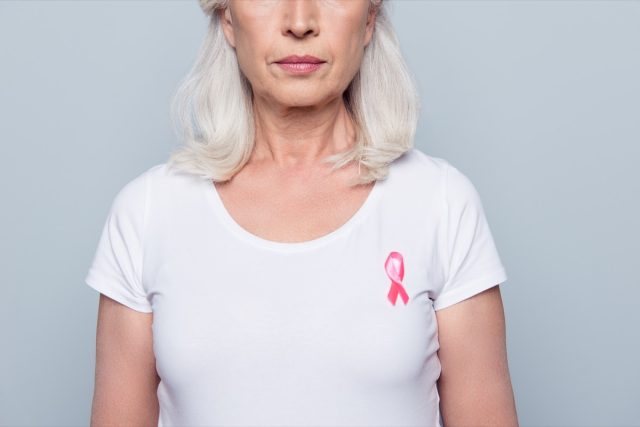
The following lifestyle choices can be changed to lower the risk of breast cancer, according to Dr. Melissa Torrey, MD, Director of the Breast Cancer Program Redlands Community. There are modifiable risk factors that help prevent breast cancer.
- “For postmenopausal women, obesity is associated with a higher breast cancer risk, which is ameliorated by weight loss.
- Combined estrogen/progesterone menopausal hormone therapy in women with intact uteri has been clearly shown to increase risk of subsequent estrogen receptor-positive breast cancer.
- Alcohol use and current smoking are associated with a higher risk of breast cancer.
- A low-fat dietary pattern, which includes increase in fruits, vegetables, and grains, may reduce risk of death from breast cancer in postmenopausal women.
- Regular, moderate physical activity may provide modest protection against breast cancer.”
Additionally, undergoing yearly mammograms improves the likelihood of survival by assisting in the early detection of cancer. “The recommended age to start screening for breast cancer varies per society, organization, or governmental health agency. In our country, the United States Preventive Services Task Force recommends screening at the age of 50 versus the American Cancer Society who recommends screening at the age of 40. It’s important to note, women should weigh the benefits and risks of screening before starting,” says Dr. Bayo Curry-Winchell, Urgent Care Medical Director and Physician, Carbon Health and Saint Mary’s Hospital.
Don’t Skip Your Regular Check Ups
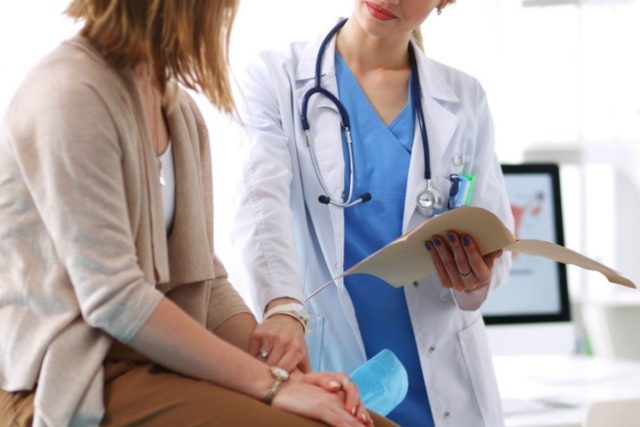
The CEO of LaSalle Medical Associates, Inc., Dr. Albert Arteaga, reminds people of the value of regular doctor visits. He stated in a recent press release, “Because they believe they don’t need to go in for a yearly checkup if they feel fine, too many people avoid going to the doctor. When they arrive in the ER by the time they begin to feel ill, it may already be too late to save them.”
“My sister never opened up to tell either me or her older sister—both of us doctors—that she had a lump on her breast. Later we learned that she kept making excuses about it, “I bumped myself,” or “It’s just a bruise,” and she essentially ignored it for over six months,” Dr. Arteaga said in describing how his sister passed away from breast cancer.
He continues, “According to the CDC, seven out of ten U.S. deaths are caused by chronic disease. Roughly half of the population has been diagnosed with a chronic illness, including heart disease, cancer, diabetes, AIDS, or other conditions regarded as preventable by the medical community. Yet only 25.2%, or one in four people, report having a recent routine check-up. Routine cardiovascular exams alone save tens of thousands of adult lives each year, while v
Avoid Smoking
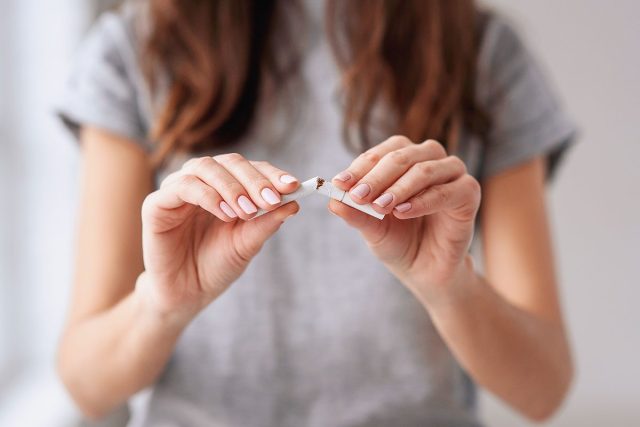
“There are many things people can do to reduce their risk of developing cancer,” emphasizes Dr. Mitchell, “but perhaps the most important thing is to avoid tobacco products. Smoking is estimated to be the leading cause of cancer deaths in the United States, increasing the risk of cancers of the lung, throat, mouth, bladder, kidney, and pancreas. People who smoke should quit, and those who don’t should avoid being around people who are smoking.
More than 480,000 fatalities per year in the United States are directly attributable to cigarette smoking, which is the greatest cause of avoidable mortality. By altering cell DNA, cigarette smoking raises the chance of getting cancer. Tobacco smoke contains carcinogens that alter DNA structure, increasing the likelihood of uncontrolled cell division. Tumors that develop from these harmed cells may grow and spread throughout the body. Additionally, smoking is a significant risk factor for cancers of the mouth, throat, stomach, liver, and bladder. The best way to lower your risk of developing cancer is to stop smoking.
Stay Active

Dr. Mitchell says, “In addition to avoiding tobacco, people can reduce their cancer risk by maintaining a healthy weight, eating a healthy diet, and exercising regularly. A healthy diet includes plenty of fruits, vegetables, and whole grains and limits red meat and processed meats. Exercise frequently helps to keep weight under control and also lowers the risk for several types of cancer, including colon cancer and breast cancer.
The immune system is strengthened by exercise, and a strong immune system can help fend off cancer cells. Additionally, exercise lowers inflammation throughout the body, and persistent inflammation has been related to a higher risk of cancer. Last but not least, exercise raises levels of some hormones in the body, including insulin-like growth factor-1 (IGF-1), which has been shown to be protective against cancer. Therefore, maintaining a healthy lifestyle can help lower your risk of developing cancer.
Limit Exposure To Cancer Causing Agents
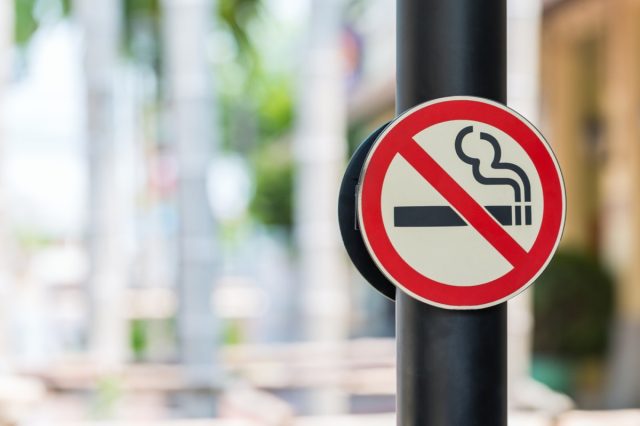
According to Dr. Mitchell, “There are many environmental factors that can increase our risk for developing cancer. Common environmental carcinogens include sunlight, tobacco smoke, asbestos, radon, and air pollution. Carcinogens are substances that can damage DNA and cause cells to become cancerous.
It might be challenging to prevent exposure to many of these carcinogens since they are a part of our daily life. To lower our chance of developing cancer, there are various actions we can do. By using sunscreen and avoiding direct sunlight, for instance, we may reduce the amount of time we spend in the sun. We can decide to stay away from tobacco goods and regions with secondhand smoke. We can also reduce our exposure to asbestos and have the radon in our homes tested. We can help defend ourselves against environmental carcinogens by taking these precautions.
Include Antioxidant Rich Foods In Your Diet
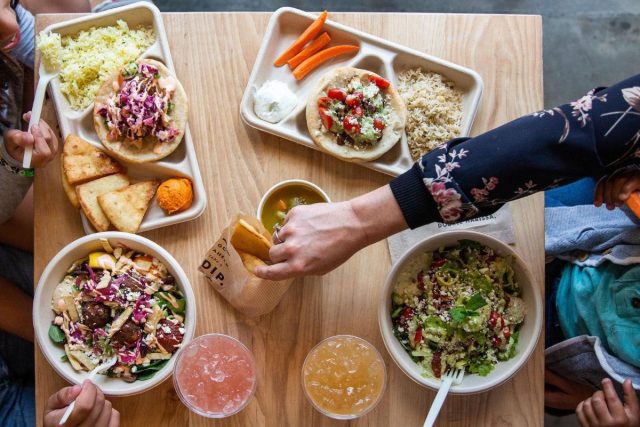
According to Lisa Richards, a nutritionist and the author of the Candida Diet, “Fruits and vegetables contain natural chemicals known as phytonutrients, which are naturally occurring in plants to give them protective benefits like repelling insects. Flavonoids are the largest group of phytonutrients, out of thousands, that we can ingest through fruits and vegetables. When we consume foods with phytonutrients, we are also taking in the protective properties.
Many of these substances, including flavonoids, function as antioxidants in the body to eliminate and counteract the effects of free radicals. Free radicals harm cells, and when those cells divide, the possibility of developing aberrant cells rises, which may result in the emergence of cancer. Dark beans, nuts, tree fruits like apples and plums, as well as the majority of other vegetables and fruits, are foods high in beneficial flavonoids.









